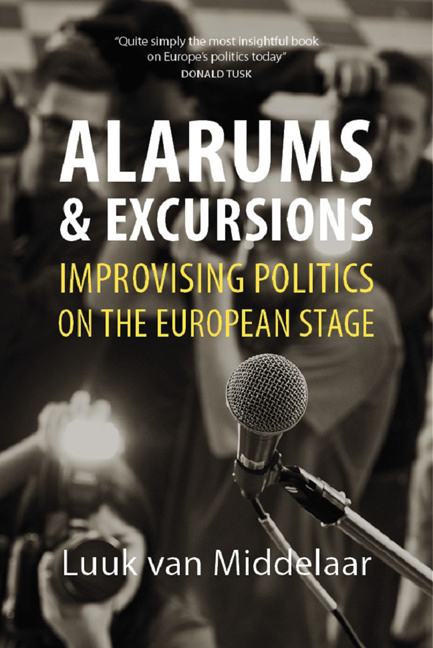4 - Uprising: the Atlantic crisis
Published online by Cambridge University Press: 16 August 2023
Summary
The republic was not timeless, because it did not reflect by simple correspondence the eternal order of nature […]. The one thing most clearly known about republics was that they came to an end in time, whereas a theocentric universe perpetually affirmed monarchy […]. It was not even certain that the republic was the consequence of a principle.
J. G. A. PocockSovereignty does not reside in abstract principles. The French people did not emancipate themselves from absolute monarchy in 1789 with the declaration that “the principle of any sovereignty lies primarily in the nation”. True emancipation arrived in 1792, when citizens across France rose up to defend the revolution against foreign kings. It is when a people makes its own choices that it becomes sovereign. It is time for Europeans to become sovereign.
Emmanuel Macron“Till death do us part”
The introduction of the right to divorce was never an innocent act. In England of all places this should come as no surprise. The country’s tumultuous first “exit” from a pan-European order, by means of the 1534 Act of Supremacy, was the result of a Tudor king’s wish to divorce his queen. It was Brexit avant la lettre. The political and legal order challenged by Henry VIII, the Church, was called “Rome”. Today’s second exit, Anno Domini 2019, will be from another order founded in “Rome”, the Rome of the Treaties.
In 1957, at that Roman founding moment, membership of the European Economic Community was entered into for an indefinite period. For eternity, in other words. The six founding states stepped into a new era. To celebrate the rite of passage, on 25 March all the bells of the Eternal City rang out. The perpetuity stipulation was exceptional. The coal and steel treaty signed by those same six states in Paris six years before was for a mere 50 years. This infinite duration was an invention of Belgian minister Paul-Henri Spaak, chair of the treaty negotiations. Lawyers protested, but Spaak stuck to his guns. Ties with the Community had to be irreversible and indissoluble, as in a marriage.
- Type
- Chapter
- Information
- Alarums and ExcursionsImprovising Politics on the European Stage, pp. 115 - 142Publisher: Agenda PublishingPrint publication year: 2019



